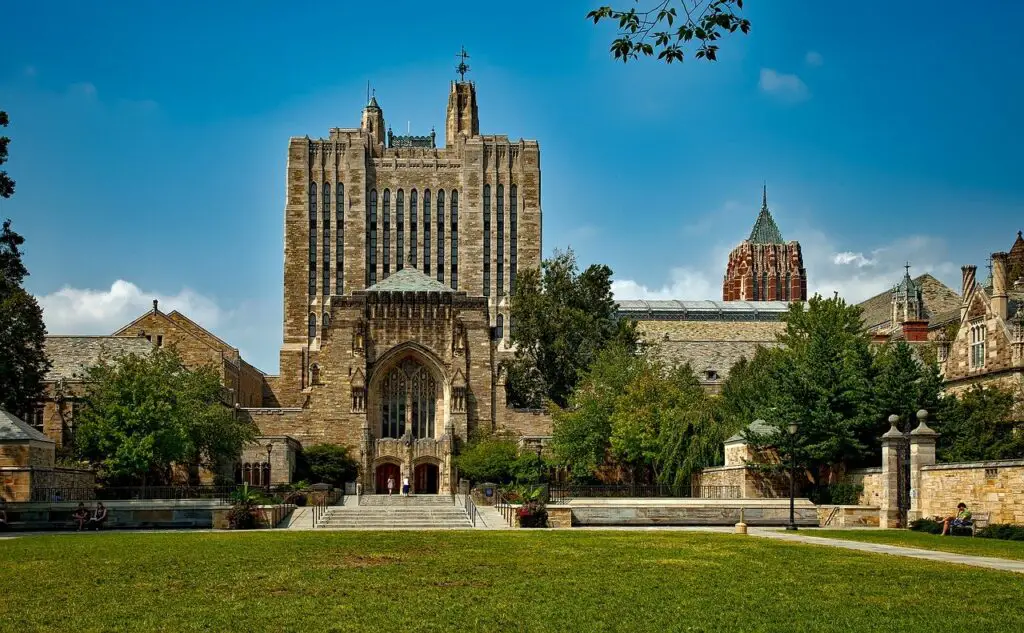Many wealthy Ivy League universities have spoken out strongly against a tax on their endowments.
The 1.4 percent net investment income tax applies to all colleges with endowments worth more than $500,000 in assets per student. The tax currently applies to nearly 100 colleges.
Pushing against the excise tax earlier this year, Harvard University President Lawrence Bacow personally met with legislators, including Senate Majority Leader Chuck Schumer and representatives from Massachusetts.
Stanford, the University of Pennsylvania, and Cornell have also petitioned lawmakers to repeal the excise tax on their endowment investment returns enacted by Congress in 2017.
Universities have maintained that endowments are crucial for financing student aid and that any tax on endowment earnings has a detrimental effect on their capacity to assist low-income students.
An Indirect Gift to Billionaires?
Large endowments at the eight Ivy League schools increased in size last year as a result of disproportionate investment returns. Harvard’s endowment grew to $53 billion while reporting a 33 percent return last year. Stanford reported a 40 percent return, raising its endowment to $42 billion.
University endowments were once essentially tax-free, with gifts to endowments being exempt from federal and state taxes despite enormous assets and a student body mostly comprising children of the wealthiest Americans.
Professor of sociology at the University of California, Charlie Eaton, argued that repealing the endowment tax would be an indirect gift to the billionaires who own hedge funds and private equity firms, already benefiting from excessive tax exemptions.
Elite university endowment funds are combined into investment vehicles managed by hedge funds and private equity, as Eaton points out in his book “Bankers in the Ivory Tower,” which examines the role of finance in higher education.
For the elite, he told The Intercept, this arrangement offers a tax-advantaged income stream, providing more opportunities for their children to attend colleges supported by these endowments.

